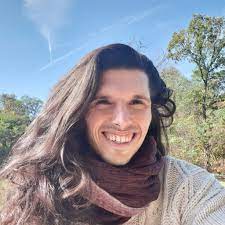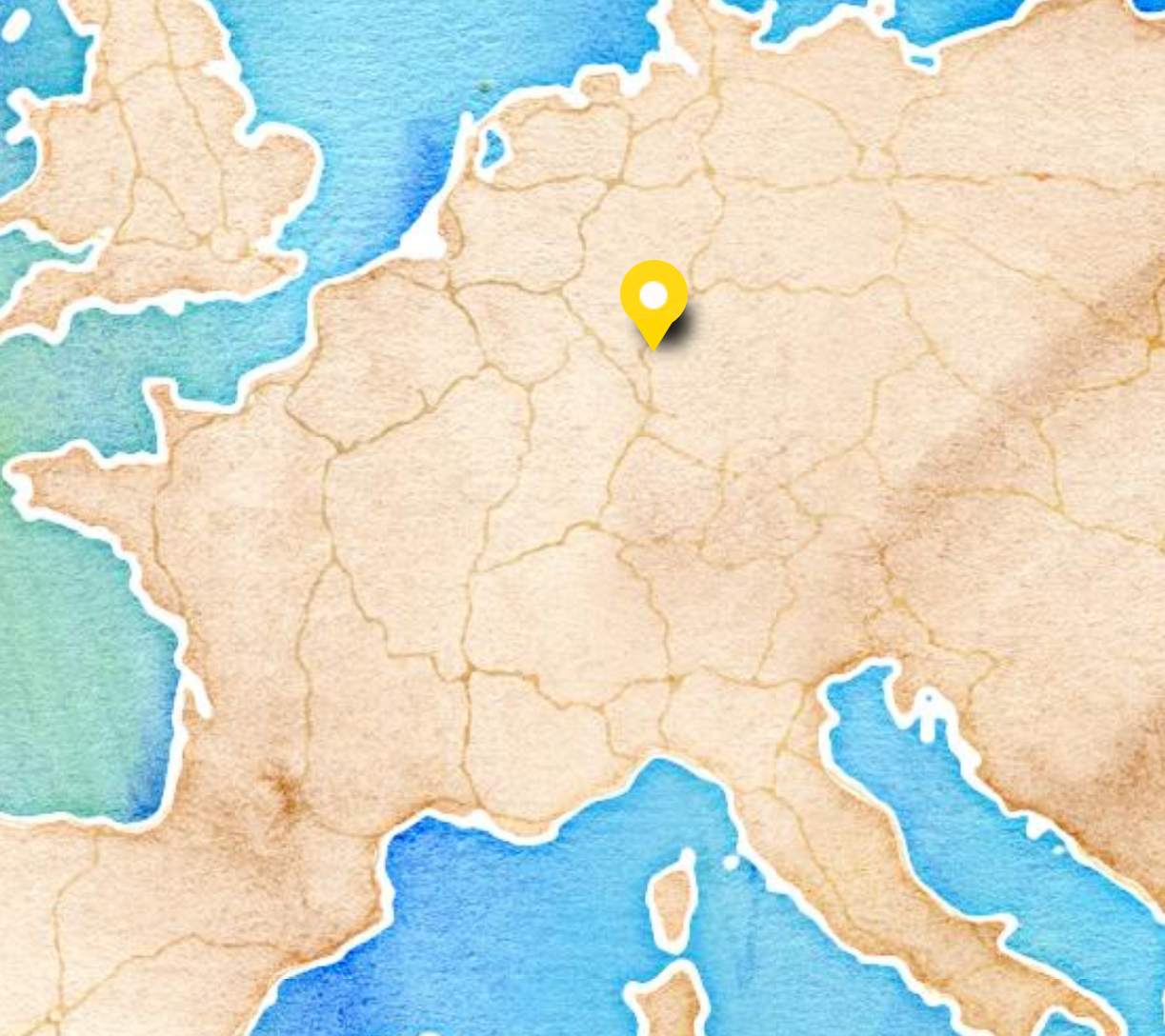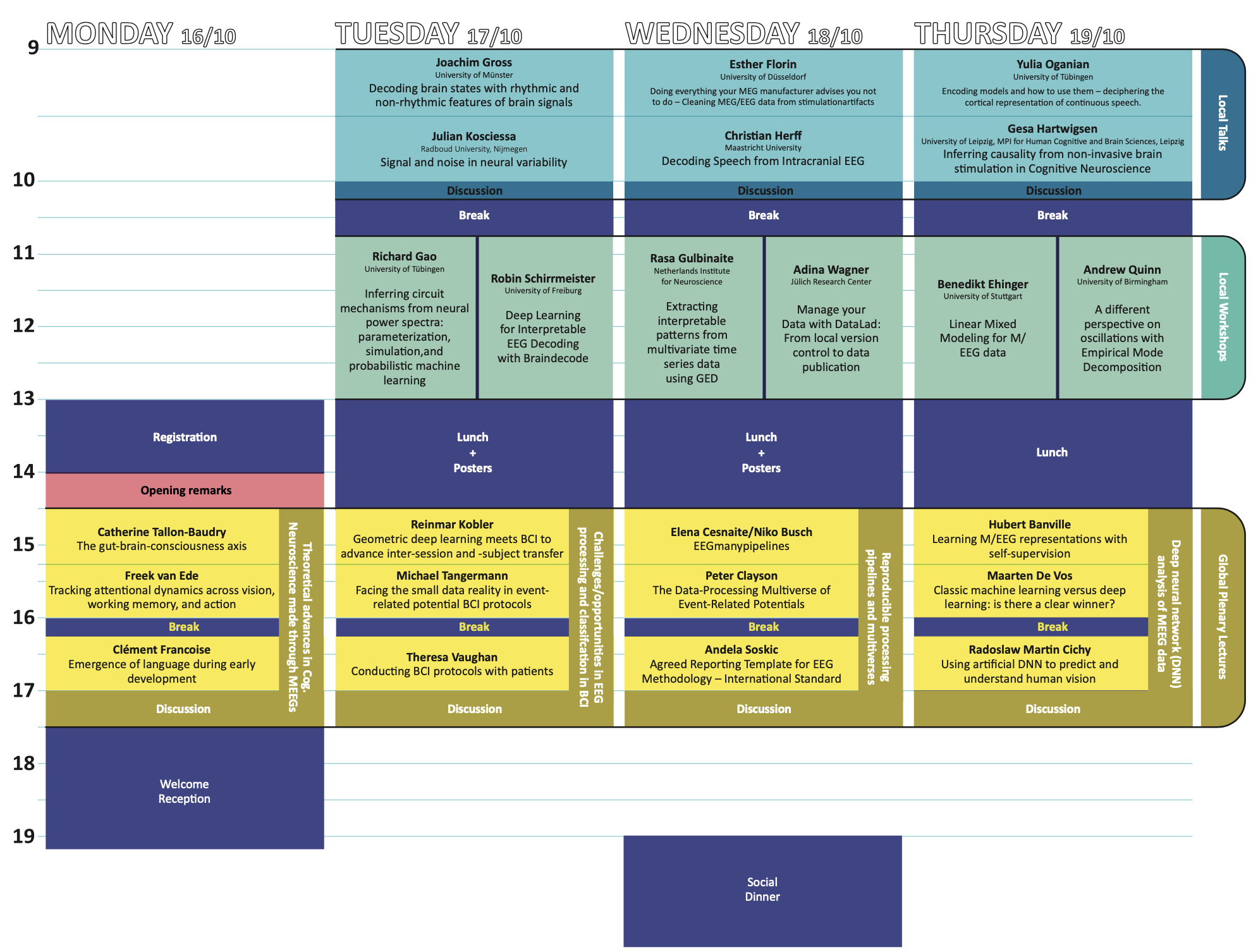Garden:
Frankfurt am Main, Germany
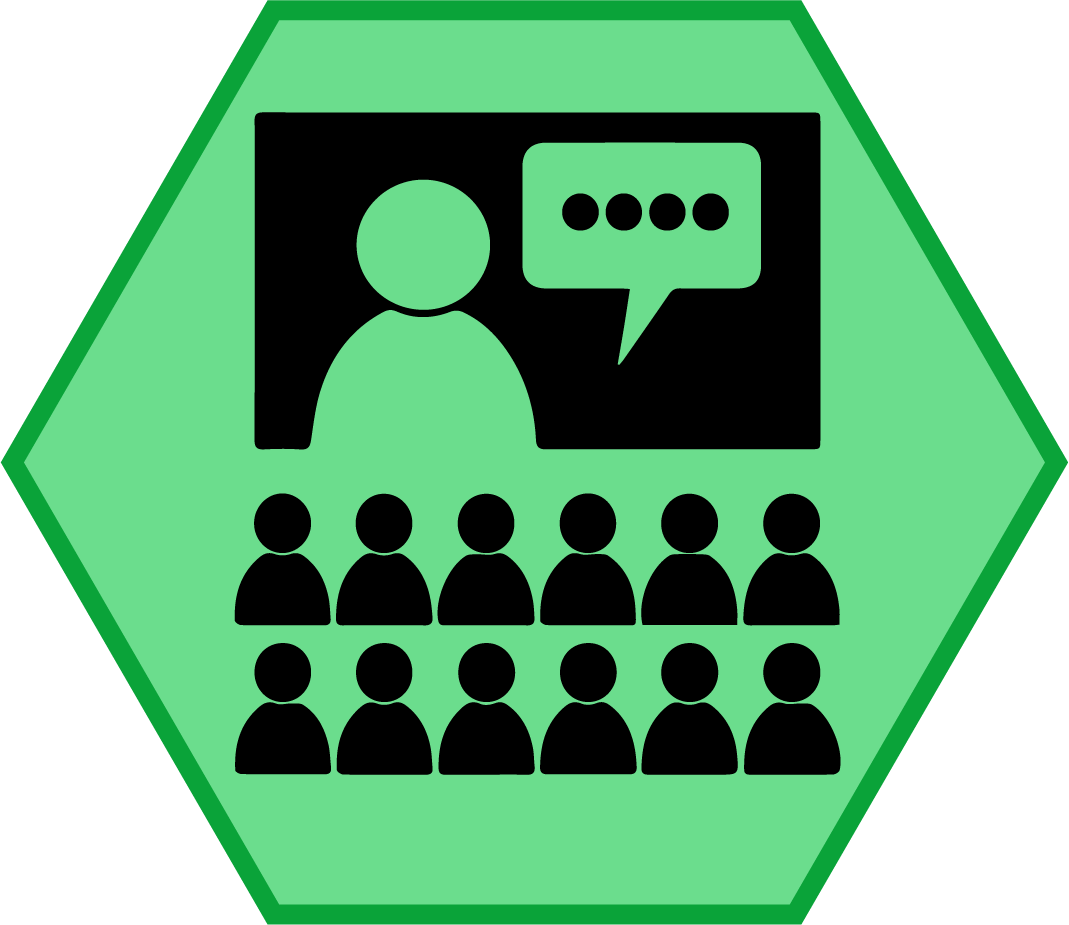


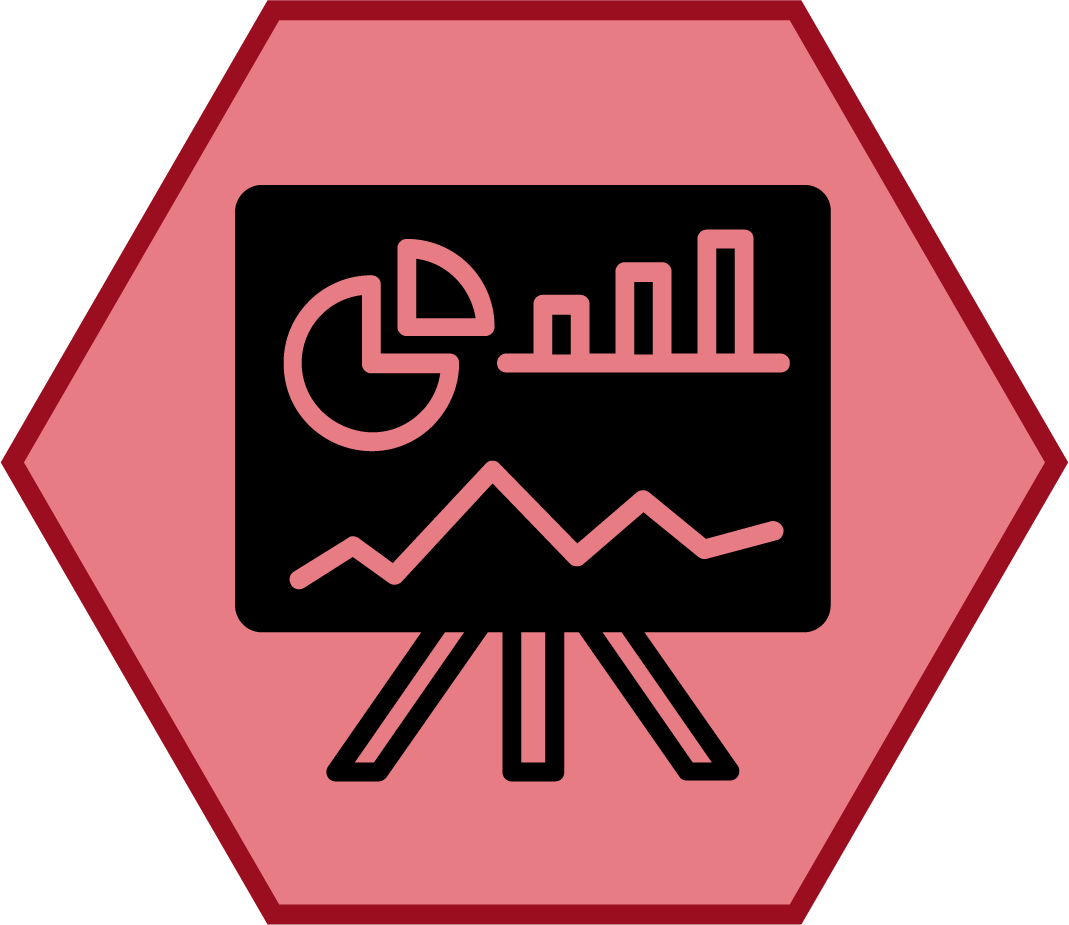
About
The Frankfurt Garden is showcasing methods for invasive and non-invasive electrophysiology. We will hear some new exciting research results in the morning and work on our practical data analysis skills after that, before in the afternoon we will enjoy the shared sessions of the global events. The Frankfurt garden is an in-person event with added live-streaming of the global program. At least one global speaker will be hosted by the Frankfurt Garden.
Topics
#Intracranial EEG, #Neural oscillations, #Speech processing
Featured Speakers /Teachers
Esther Florin, Richard Gao, Joachim Gross, Yulia Oganian
Tutorials
#Spectral analysis and parametrization, #Spatial filters, #Linear mixed models
Local Program
Registration
Venue
contact
Local program
Program Details
Monday (Oct 16th)
13:00 – Registration
14:00 – Opening remarks
14:30 – [ 🌍 Global ] Theoretical advances in Cognitive Neuroscience made through MEEG
Chair: Anne Sophie Dubarry
📺 Catherine Tallon-Baudry: The Gut-Brain-Consciousness Axis
📺 Freek Van Ede: Tracking Attentional Dynamics Across Vision, Working Memory, and Action
📺 Clément François: Emergence of language during early developement
17:30 – 🥂 Welcome reception & 👩🏿🤝👩🏼 Mind Matching session
Tuesday (Oct 17th)
09:00 – [ 📌 Local ] Talk session
🎤 Joachim Gross: Decoding brain states with rhythmic and non-rhythmic features of brain signals
🎤 Julian Kosciessa: Signal and noise in neural variability
10:15 – ☕ Break
10:45 – [ 📌 Local ] Workshops
13:00 – 🌮 Lunch & 📊 Posters
14:30 – [ 🌍 Global ] Challenges and opportunities in using real-time EEG processing and classification tools in BCI
Chair: Marie Constance Corsi
📺 Reinmar Kobler: Geometric deep learning meets BCI to advance inter-session and -subject transfer
📺 Michael Tangermann: Facing the small data reality in event-related potential BCI protocols
Wednesday (Oct 18th)
09:00 – [ 📌 Local ] Talk session
🎤 Christian Herff: Decoding Speech from Intracranial EEG
10:15 – ☕ Break
10:45 – [ 📌 Local ] Workshops
13:00 – 🌮 Lunch & 📊 Posters
14:30 – Parallel session
19:00 – 🍽 Social Dinner: “Daheim im Lorsbacher Thal” [ 🗺️ maps ]
Thursday (Oct 19th)
09:00 – [ 📌 Local ] Talk session
🎤 Gesa Hartwigsen: Inferring causality from non-invasive brain stimulation in Cognitive Neuroscience
10:15 – ☕ Break
10:45 – [ 📌 Local ] Workshops
13:00 – 🌮 Lunch
14:30 – [ 🌍 Global ] Deep neural network analysis of MEEG data A roadmap to using machine learning with MEEG
Chair: Maximilian Chaumon
Talks:
📺 Hubert Banville: Learning M/EEG representations with self-supervision
📺 Maarten De Vos: Classic machine learning versus deep learning: is there a clear winner?
🎤 Radoslaw Martin Cichy: Using artificial deep neural networks to predict and understand human vision
[ IN FRANKFURT ]
17:30 – 👋 Closing remarks
Global speakers
Catherine Tallon-Baudry
Freek van Ede
Clément François
Reinmar Kobler
Michael Tangermann
Theresa Vaughan
Elena Cesnaite 🎤
Peter Clayson
Andjela Soskic
Hubert Banville
Maarten De Vos
Radoslaw Martin Cichy 🎤
Local posters
Local speakers
Joachim Gross
Julian Kosciessa
Esther Florin
Christian Herff
Yulia Oganian
Gesa Hartwigsen
Local tutorials
Richard Gao
Robin Schirrmeister
Rasa Gulbinaite
Adina Wagner & Julian Kosciessa
Saba Sadiya, Domenic Bersch, & Gemma Roig
Benedikt Ehinger
University of Stuttgart [ 📜 workshop materials | 🔗 website ]
Linear Mixed Modeling for M/EEG data
Linear mixed models are versatile and increasingly popular in cognitive psychology to analyze behavioural datasets with within-subject trial-repetitions. Some brave researchers have already applied these hierarchical models to EEG data, typically on averaged space/time region of interest.
In this 2 h tutorial, I will revisit some of the basics and intuitions behind mixed models and extend them to the mass-univariate EEG case: fitting mixed models to all time-point and channels using the Unfold.jl & MixedModels.jl toolboxes in JuliaLang. You will be provided with interactive notebooks that run in your browser.
We will explore together some implications and challenges of running such mass univariate LMMs: baseline periods, identifiability of random and item effects, and “usefulness”.
I want to warn you though, I cannot provide a satisfactory answer to many of the issues that we will discuss in the workshop. My goal is rather to leave you with a sense of scientific curiosity, and the simulation- and analysis-tools to explore some of those issues yourself.
Andrew Quinn
Funding

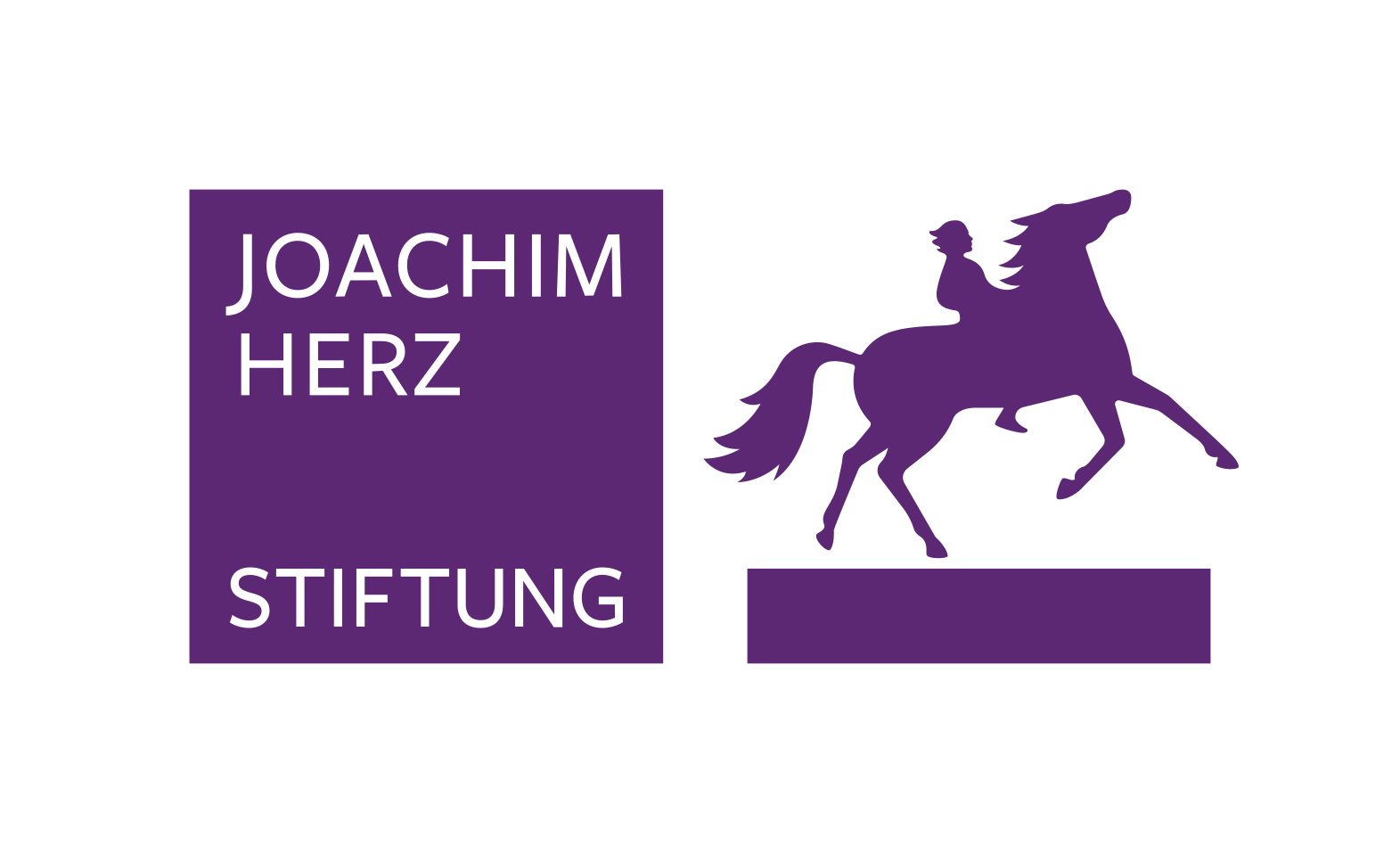
Register for the Frankfurt Garden

Registration form
We are at full capacity for now!
Registration
- The form is to attend the Frankfurt Garden only.
- Please first read the registration form regarding the CuttingEEG membership and follow the instructions carefully.
- To register it is mandatory to become a member of the Cutting EEG association.
- The registration is handled according to first-come, first-served principle.
The Frankfurt garden is full.
Abstracts
- Abstract deadline: September 7th
- Information about the submission of abstracts (<2500 characters) will be sent to registered participants via email.
- We will accept posters in three different categories:
-
- planned study
- collected data
- analyzed data
For details and background about the different poster categories, you can take a look at the extensive information provided for the last CuttingEEG conference in 2021.
Venue – How to reach the Frankfurt Garden
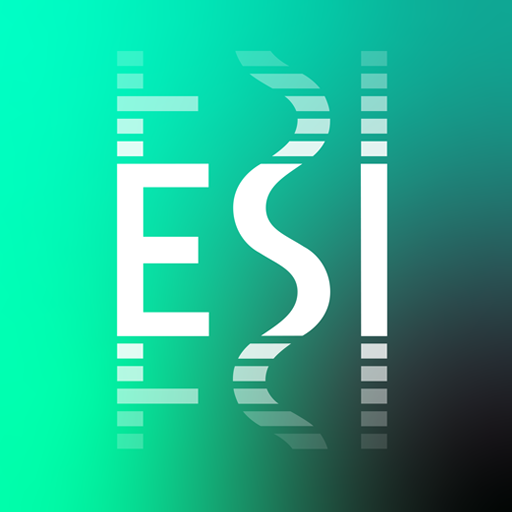
Coming to the ESI by public transportation
From the main station, the institute can be reached easily with public transportation (~10 minutes). The tram stop just across the institute is called “Heinrich-Hoffmann-Straße/Blutspendedienst” and can be reached with a direct connection (🚎 Line 21) from the main-station. For more details and other forms of transportation check the institute website: https://www.esi-frankfurt.de/contact/ as well as the website of the local transportation network. https://www.rmv.de
Accommodation
Please note that the week of the conference is a fair week in Frankfurt again, so be sure to book your accommodation as far in advance as possible.
Contact the Frankfurt team
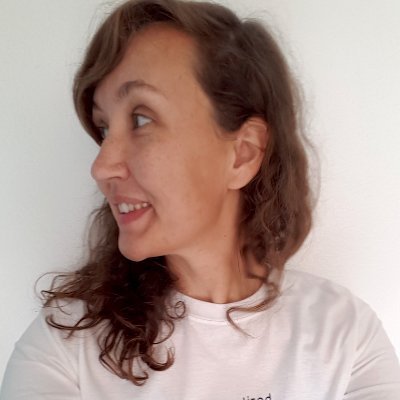
Natalie Schaworonkow
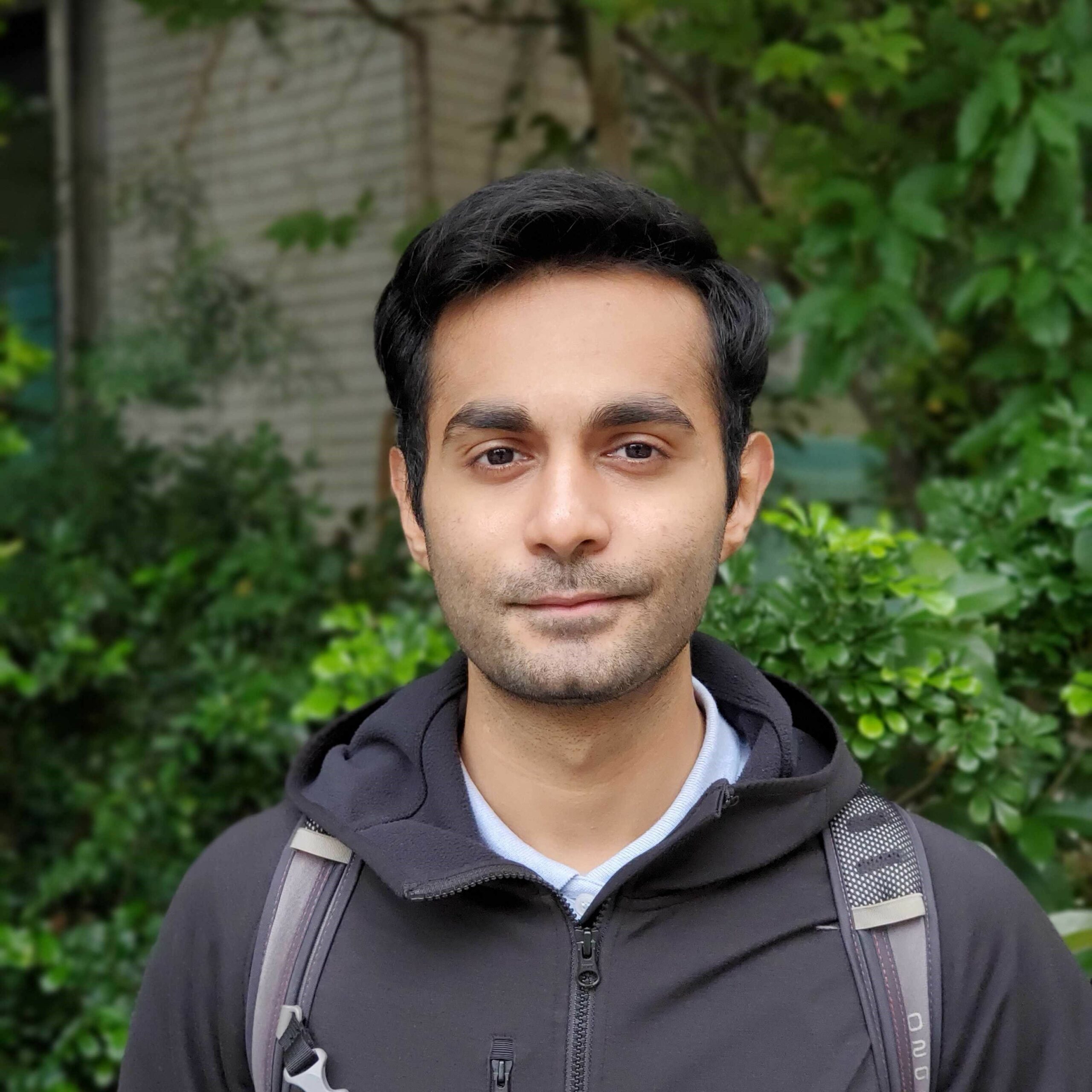
Amit Rawal
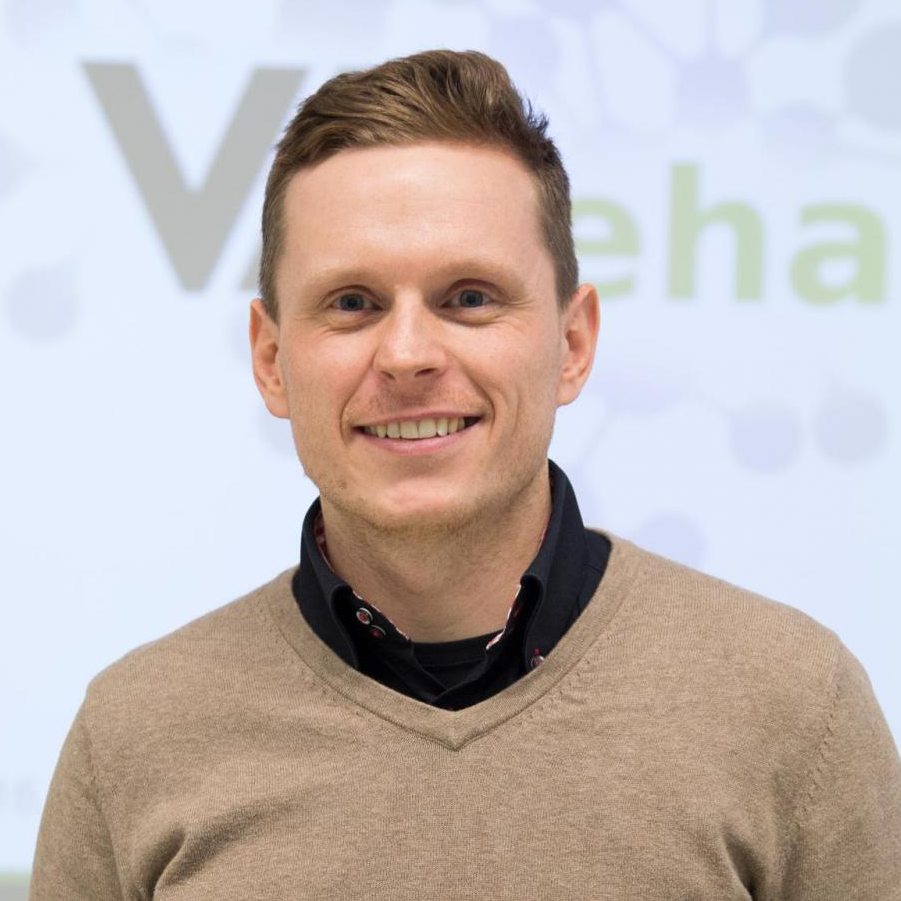
Felix Klotzsche
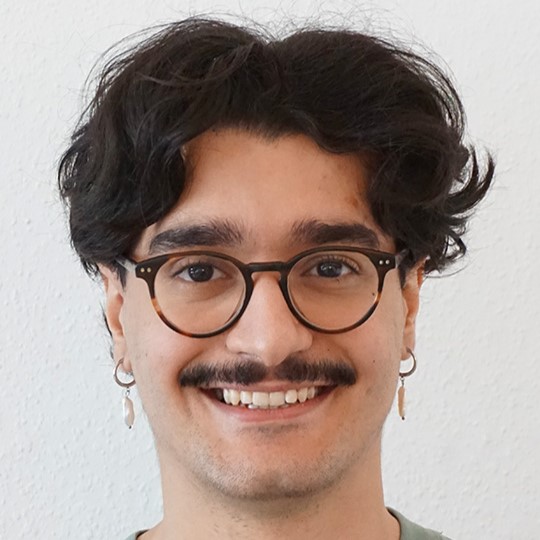
Kyle Kahraman
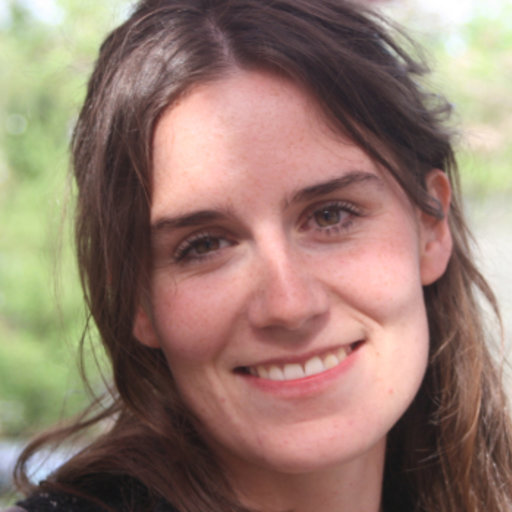
Roxanne Lofredi
